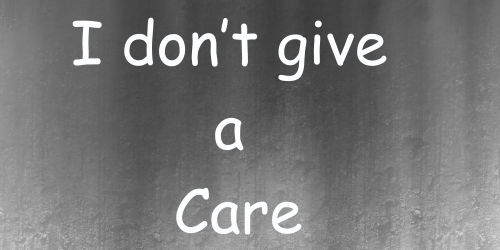Cutting alcohol consumption significantly reduces the risk of certain cancers, say researchers

For those participating in "Dry January," another potential benefit of giving up alcohol has emerged.
Giving up alcoholic drinks — or reducing the amount that's consumed — could reduce the risk of getting oral or esophageal cancer, according to a special report published in The New England Journal of Medicine on Dec. 28.
Researchers from the International Agency for Research on Cancer (IARC), part of the World Health Organization (WHO), analyzed multiple studies to determine the relationship between alcohol consumption and cancer occurrence.
"Based on the evidence reviewed from relevant studies published to date, the Working Group concluded that there is sufficient evidence that, compared with continuing consumption, reduction or cessation of alcoholic beverage consumption reduces the risk of oral cancer and oesophageal cancer.”
More research is needed to determine if curbing alcohol intake could also reduce the risk of other types of cancer.
Stopping alcohol consumption for a period of five to nine years was shown to reduce oral cancer risk by 34%, the researchers found.
Cutting out alcohol completely for 10 to 19 years reduced the risk by 55%. For esophageal cancer, five to 15 years without alcohol cut the risk by 15% — and 15 years or more of alcohol abstinence reduced the risk by 65%.
Alcohol has also been shown to have genotoxicity, which means it causes damage to DNA — which can lead to cancer.
Prior research has shown that even low amounts of alcohol consumption increase the risk of breast and other types of cancers, including oral, pharyngeal and oesophageal cancers.
Beat FOMO by being in the know!
Sign up for our newsletter today and never miss a beat.







